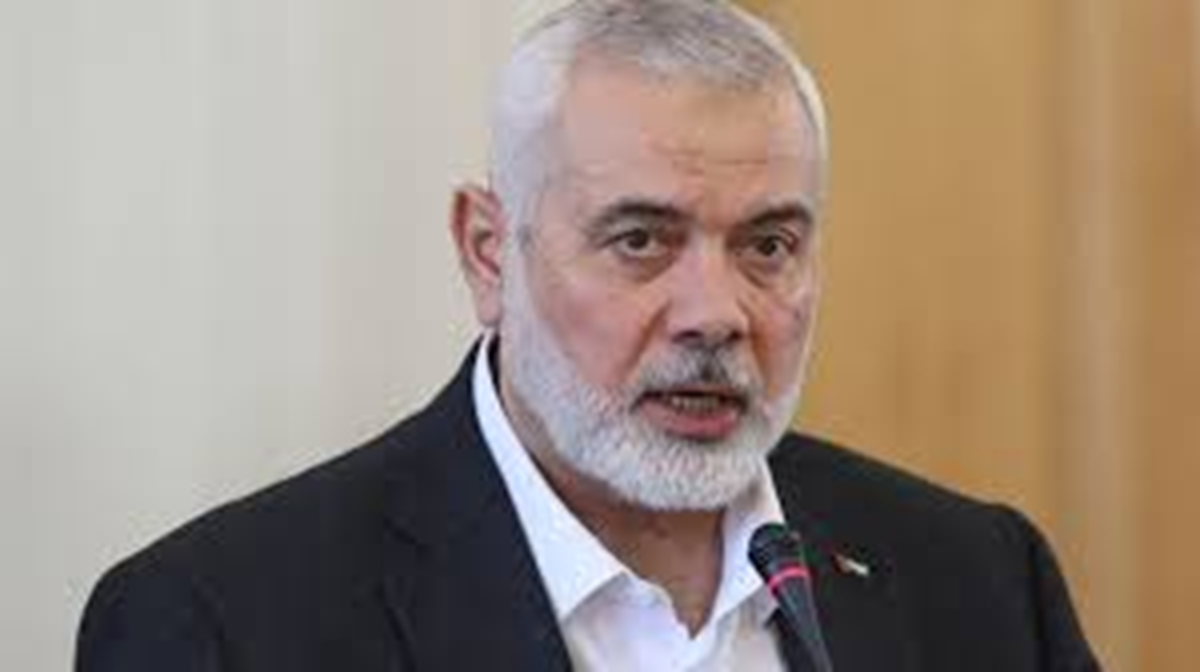Secrets of Hamas Leader Ismail Haniyeh: Hamas leader Ismail Haniyeh was assassinated in Tehran on July 31, 2024. His death marked a dramatic turn in Middle Eastern politics, as he was a central figure in Hamas’s leadership and its strategies. Haniyeh was known for his significant role in the ongoing conflict with Israel and his impact on Gaza’s political landscape. His assassination has sparked international reactions and heightened tensions in the region.
Shocking Secrets of Hamas Leader Ismail Haniyeh
- Assassination of Ismail Haniyeh: Hamas leader Ismail Haniyeh was assassinated early on Wednesday (July 31, 2024) morning in Iran.
- Early Life and Education: Born on January 29, 1963, in Gaza’s Shati refugee camp, He studied Arabic literature at the Islamic University of Gaza and was active in student activism.
- Net Worth: Is one of the interesting Secrets of Hamas Leader Ismail Haniyeh. Ismail Haniyeh had an estimated net worth of $4 billion in 2024.Haniyeh’s net worth in 2024 consisted of earnings from his leadership role in Hamas, the Palestinian terrorist outfit, and various other financial activities linked to his position.
- Net Worth of Hamas Leaders: Three top leaders, including Ismail Haniyeh, are collectively worth $11 billion and live in luxury in Qatar.
- Wife: Ismail Haniyeh’s wife is Um Muhammad, whose full name is Fatima, though she is often referred to simply as Um Muhammad.
- Kids: Ismail Haniyeh has ten children.
- Living: Ismail Haniyeh has lived in Qatar since 2012 due to political and security issues in Gaza and the West Bank. He was not living in Gaza, this is another Secrets of Hamas Leader Ismail Haniyeh.
- Leadership Role: He was the Prime Minister of the Palestinian Authority from 2006 to 2007, following Hamas’s 2006 electoral victory, marking a major shift in Palestinian politics.
- Hamas Co-Founder: Haniyeh has been a prominent figure in Hamas since the late 1980s, playing a crucial role in its political and military strategies.
- Gaza Strip Control: In 2007, after a violent conflict with Fatah, Hamas, led by Haniyeh, took control of the Gaza Strip, resulting in a political split with Hamas governing Gaza and Fatah leading the West Bank.
- International Isolation: Under Haniyeh’s leadership, Gaza faced significant international isolation and economic sanctions due to Hamas’s designation as a terrorist organization by the U.S., the EU, and others.
- Conflict with Israel: Haniyeh’s tenure involved frequent conflicts with Israel, marked by major military operations and a hardline stance against Israeli policies and actions.
- Humanitarian Crisis: The blockade and conflicts caused severe humanitarian issues in Gaza, including shortages of supplies, healthcare, and infrastructure problems, impacting millions of Palestinians.
- Diplomatic Relations: Haniyeh managed complex diplomatic relations, maintaining ties with Iran, Turkey, and other regional supporters while Western nations largely avoided direct contact.
- Internal Challenges: Haniyeh dealt with internal dissent and the political and social impacts of Hamas’s policies and governance in Gaza.
- Reconciliation Efforts: Haniyeh pursued reconciliation efforts with Fatah to unify Palestinian factions, but these attempts frequently faced setbacks.
- Legacy and Influence: Haniyeh’s legacy is closely linked to the Palestinian struggle and the Israeli-Palestinian conflict, significantly shaping Palestinian politics, Gaza’s governance, and regional dynamics.
- Terrorism and Violence: As a leader of Hamas, Haniyeh is implicated in orchestrating or supporting numerous terrorist attacks against Israeli civilians and military targets, including suicide bombings and rocket attacks.
- Human Rights Violations: Under Haniyeh’s leadership, there have been allegations of human rights abuses in Gaza, including the suppression of political dissent and the use of violence against political opponents.
- Involvement in Hostage Situations: Haniyeh has been accused of involvement in the kidnapping of Israeli soldiers and civilians, which Hamas has used as leverage in negotiations.
The assassination of Hamas leader Ismail Haniyeh in Tehran on July 31, 2024, marks a significant and controversial moment in Middle Eastern politics. Haniyeh, a central figure in Hamas, was known for his influential role in the organization’s operations and its confrontations with Israel. His death has created a power vacuum within Hamas and intensified regional tensions.
The circumstances surrounding the assassination have sparked widespread debate and concern about its potential impact on ongoing conflicts. Haniyeh’s legacy, shaped by his leadership and the policies he championed, will likely continue to influence the dynamics of the region. The event underscores the volatile nature of Middle Eastern geopolitics and the complexities of the Israeli-Palestinian conflict.
Also Read:
